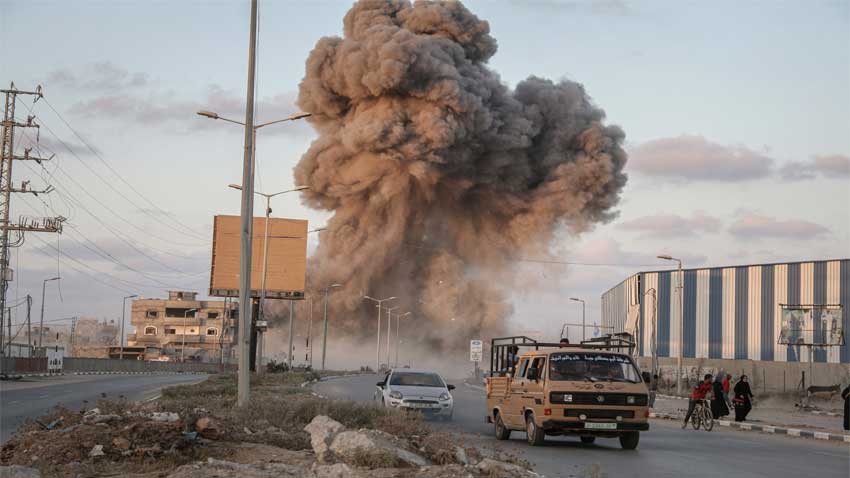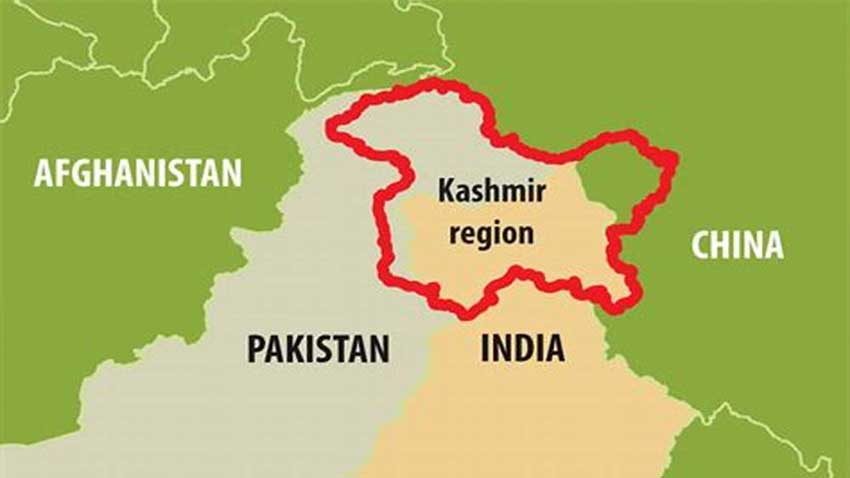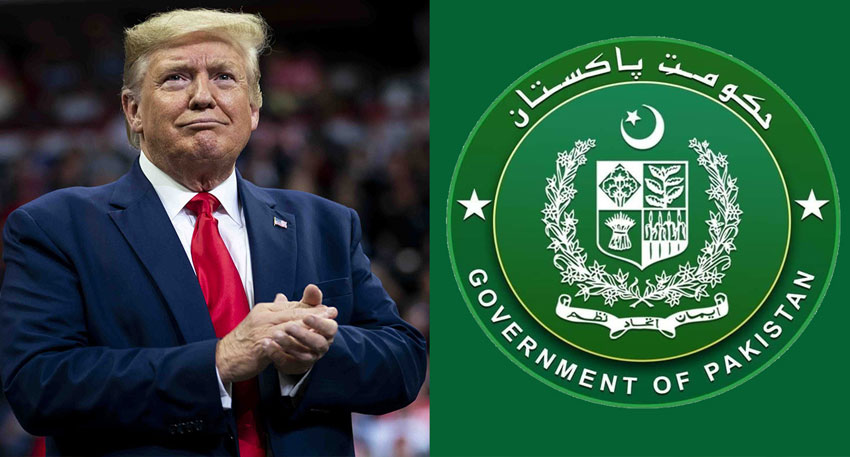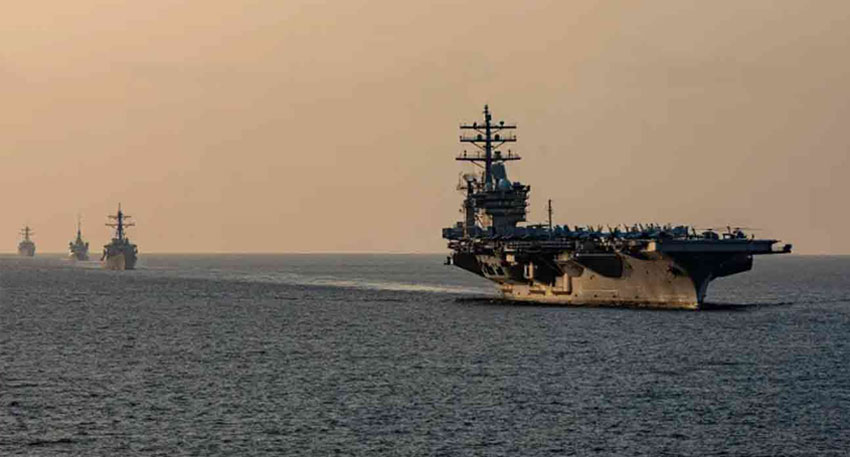
The fine line between deterrence and destruction was crossed when Israel launched a series of precision airstrikes on suspected Iranian nuclear and missile facilities. Within hours, Iran responded with its largest-ever barrage of ballistic missiles and drones, marking the first direct Iran-Israel military confrontation in modern history.
What follows is not just a war between two nations, but a moment that could reshape the geopolitical reality of the Middle East forever.
On June 13, 2025, Israel confirmed that it had carried out a series of airstrikes deep inside Iranian territory — believed to be advancing Iran’s nuclear ambitions, including the controversial Arak heavy water reactor and underground missile labs in Isfahan and Natanz.
Tel Aviv called it a “preemptive strike to ensure regional security.” But for Tehran, it was a declaration of war.
By the next morning, Iran had responded with more than 200 drones and about 150 missiles. Targets in Tel Aviv, Haifa and Beersheba were hit — some intercepted, some not. Hospitals were filled. Sirens wailed in the night sky. Families fled to bunkers. And history was made: This was no longer a shadow war.
In less than a week, the human toll is staggering:
Iran has reported more than 600 deaths, including top nuclear scientists, IRGC officials, and dozens of civilians caught in the crossfire or crushed by collapsing buildings.
Israel has confirmed the deaths of more than 70 civilians, most of them women and children. Several people were killed when a missile landed near a school in Ashkelon. Hundreds more were injured.
Hospitals in both countries are overwhelmed, and the morgues of Tehran and Tel Aviv bear the cost of power politics and pride alike.
Surprisingly, this is a war that began at a moment when global attention was elsewhere — amidst economic tensions, a troubled US administration, and a weary international community.
Surprisingly, it is a war that began at a moment when global attention was elsewhere — amidst economic tensions, a troubled US administration, and a weary international community.
Washington, still reeling from electoral changes, has called for “measured restraint” even as domestic pressure to intervene grows.
The United Nations has issued calls for a de-escalation, but its power remains symbolic.
The Arab world is divided: Some quietly rejoice in seeing Iran suffer. Others warn Israel not to overstep.
Meanwhile, Russia and China have maintained a strategic silence, looking to exploit the power vacuum.
The Geneva peace talks have begun in name but not in spirit. Iran has refused to participate until the Israeli bombing stops. Israel has refused to stop what it calls a "defensive campaign." The result? Talk without talkers. Peace without negotiators.
A chilling aspect of the dispute is its proximity to nuclear infrastructure. Key Iranian uranium enrichment sites have been targeted, raising concerns about radioactive releases and wider contamination.
But beyond the immediate physical threat lies a deeper concern: this war has shattered the diplomatic scaffolding around the 2015 nuclear deal. Whatever was left of the JCPOA (Joint Comprehensive Plan of Action) is now ashes on the battlefield.




